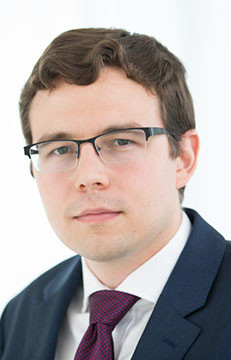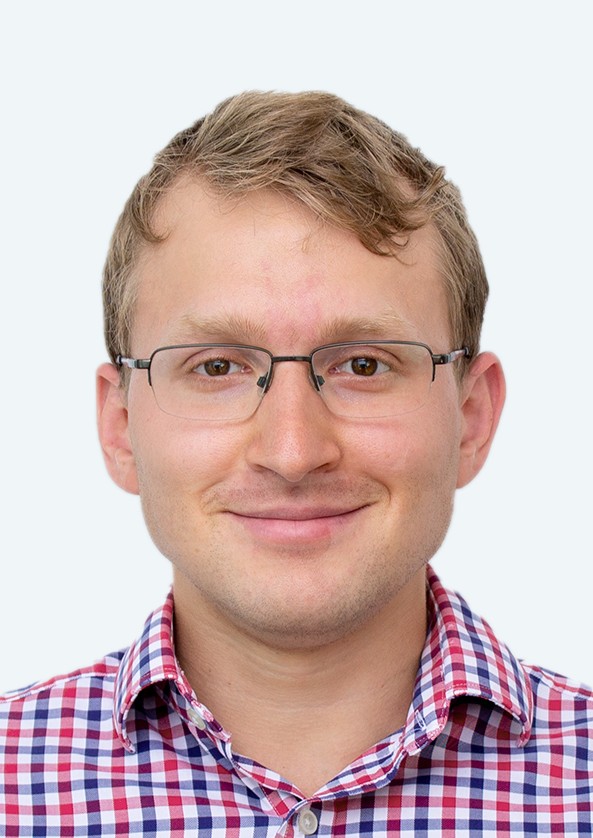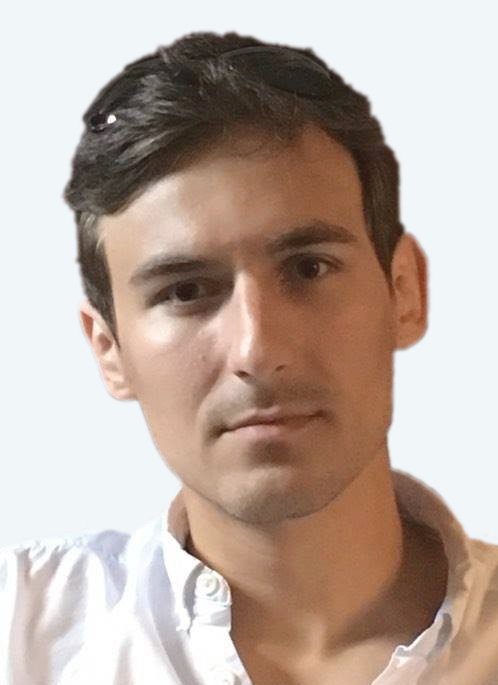We are a team of three founders and additional five part-time software engineers and experts to ensure our products are delivered at highest quality and bring expected impact to customers.

Boris Fačkovec, PhD
Founder, CEO
Boris worked for four years as a consultant in McKinsey&Company. He helped to develop bottom-up and implement operations improvement initiatives at over 25 manufacturing plants across several industries and regions, with total EBITDA impact of the initiatives exceeding 1B EUR p.a. His eight years of prior academic experience helped him develop several rigorous analytical approaches to reductions of equipment utilization (OEE) losses, such as shiftly and weekly target setting based on distribution of mean time between failures. Low maturity of present tools for digital performance management available on the global market led Boris to quit consulting career and start InovecTech with the mission to bring latest academic research from machine vision and artificial intelligence to improve equipment effectiveness. Boris holds a PhD in mathematical modeling of rare events from the Univeristy of Cambridge, MSc in mathematical modeling of bio- and nanostructures from the Charles University and MEng in chemical engineering from the University of Chemistry and Technology.

MEng Pavel Kohout
Co-founder, Head of engineering
Pavel has four years of industrial experience in product and technology R&D ranging from proof of concept to transfer to manufacturing. Previously he worked at BTL Medical Technologies and at TTP, a technology consultancy at Cambridge. He is a generalist engineer with experience across a wide range of technical areas from design and tolerance analysis of a switching mechanisms for mass manufacture to prototyping a magnetic field based displacement sensor or automating image analysis of aerosol speed. Pavel graduated with MEng from the University of Cambridge.

Peter Vanya, PhD
Co-founder, Head of data science
Peter worked the last two years for the Slovak government assessing major investments into road infrastructure and building transport models to describe current and future traffic flows in the country, a task involving processing and analyzing data from large-scale government databases. Before this, he pursued a PhD at the University of Cambridge in computational modelling of hydrogen fuel cells and improving current computational methods to describe a broader range of industrially-relevant materials.